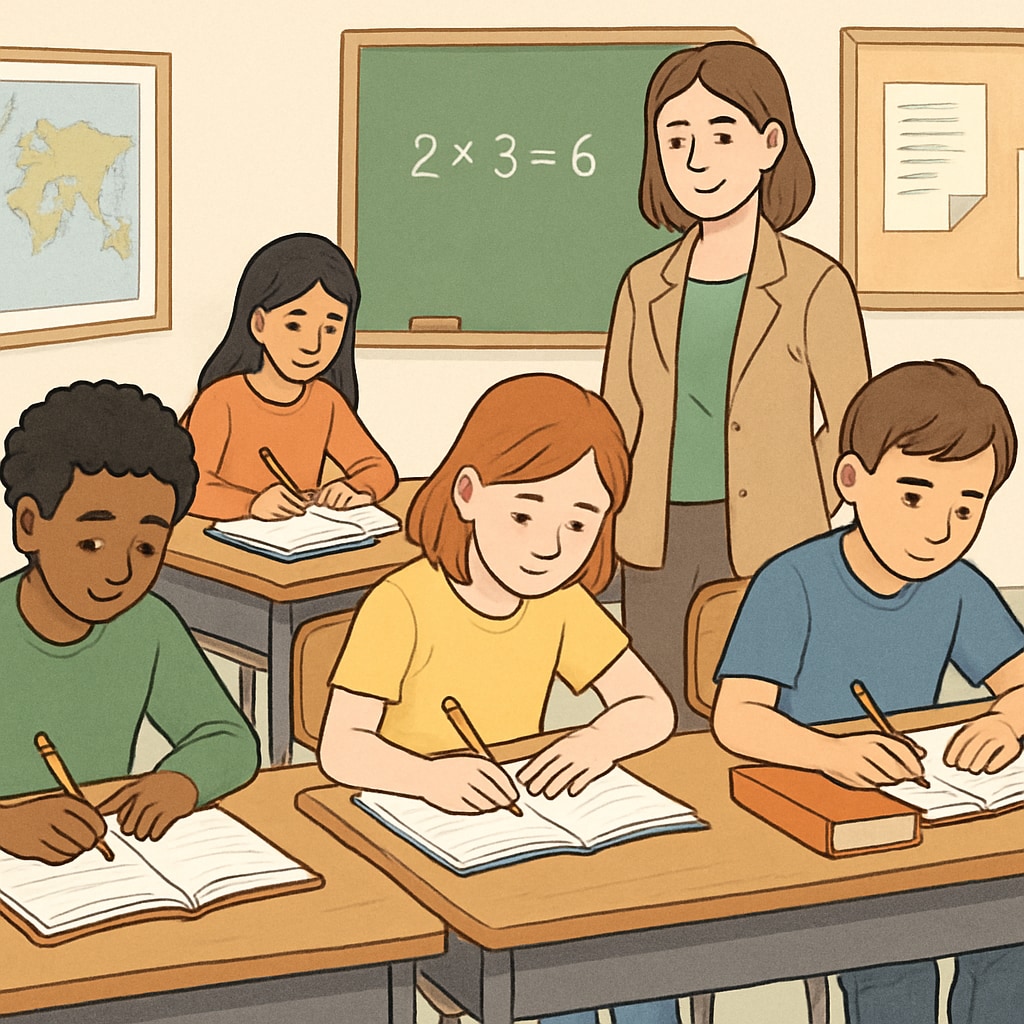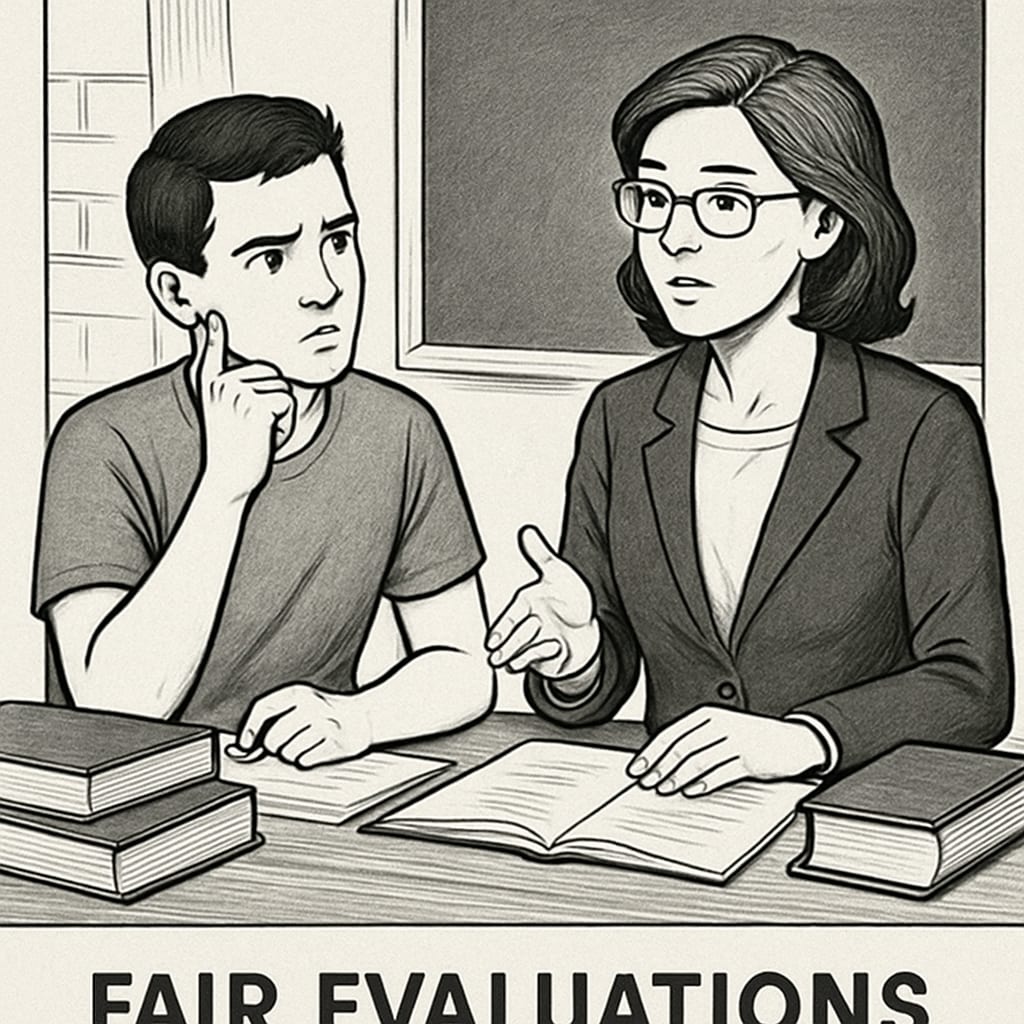In the pursuit of academic excellence, “professors, plagiarism accusations, academic integrity” often emerge as critical themes. Academic integrity forms the backbone of a fair and transparent educational system, yet its application can sometimes be flawed. This becomes evident when professors mistakenly accuse students of plagiarism, casting doubt not only on the integrity of the accusations themselves but also on the broader system meant to uphold ethical standards. Such incidents can severely impact students’ psychological well-being, their confidence in their own abilities, and their trust in educational institutions.
Understanding the Fragility of Academic Integrity Systems
Academic integrity (the commitment to honesty and ethical behavior in education) is undeniably a cornerstone of learning environments. However, the mechanisms designed to enforce it are not immune to human error. Professors, who often act as gatekeepers of academic honesty, may wrongly interpret student work as plagiarized due to biases, lack of context, or reliance on flawed detection tools. For example, automated plagiarism detection software can flag common phrases or incorrectly identify source overlap, leading to unwarranted accusations.

When the integrity system falters, the repercussions extend beyond immediate accusations. Students who are wrongly accused face emotional distress, loss of motivation, and potentially tarnished academic records. These issues can have long-lasting implications, particularly for K12 students, who are in formative stages of personal and academic development.
The Impact of Wrongful Accusations on Students
Being accused of plagiarism is a serious matter for any student, but for younger learners in K12 education, the psychological effects can be profound. Wrongful accusations often lead to feelings of shame, embarrassment, and frustration. Students may question their abilities, withdraw from creative pursuits, or become overly cautious, fearing further scrutiny. In extreme cases, such incidents can foster distrust toward educators and the broader academic system.
Moreover, the social stigma attached to plagiarism accusations can isolate students from their peers. Schools must recognize the potential harm and address these situations with sensitivity, ensuring accused students are given an opportunity to defend their work before any punitive measures are taken.

Building Transparent and Fair Evaluation Mechanisms
To prevent wrongful accusations and protect students’ academic dignity, institutions must adopt transparent and equitable evaluation mechanisms. Here are some suggestions to strengthen academic integrity systems:
- Training for Educators: Provide professors with training on plagiarism detection tools and best practices for evaluating student work.
- Contextual Review: Encourage educators to consider the context and originality of a student’s work, rather than relying solely on automated software results.
- Appeal Processes: Establish clear and accessible pathways for students to contest accusations, ensuring their voices are heard.
- Encouraging Dialogue: Promote open communication between professors and students about academic expectations and integrity standards.
Additionally, educators should recognize the importance of fostering creativity and independent thinking in students. Discouraging innovation through overly zealous enforcement of plagiarism rules undermines the very purpose of education: empowering learners to think critically and contribute meaningfully to society.
Conclusion: Balancing Integrity with Compassion
While academic integrity is vital for maintaining trust within educational systems, it is essential to balance this pursuit with fairness and compassion. Professors must approach plagiarism accusations with care, considering the potential impact on students’ emotional and academic development. By implementing transparent evaluation procedures and fostering a supportive environment, schools can uphold ethical standards while nurturing innovation and confidence in young learners.
To learn more about academic integrity and its complexities, explore resources such as the Wikipedia page on Academic Integrity or consult Britannica’s overview of academic honesty.


